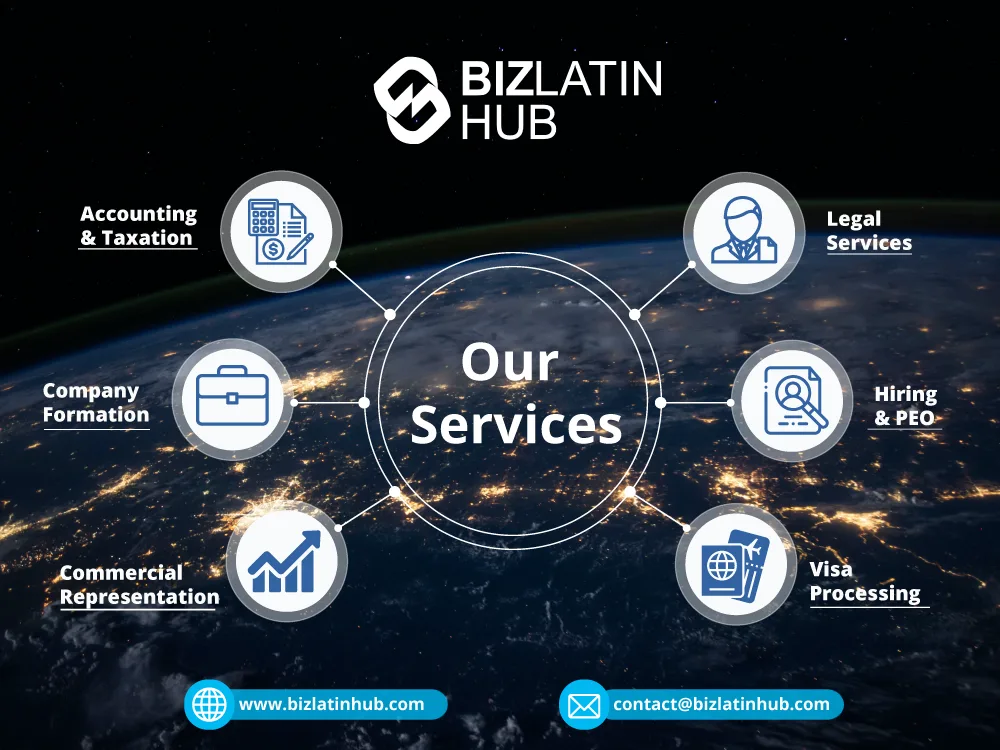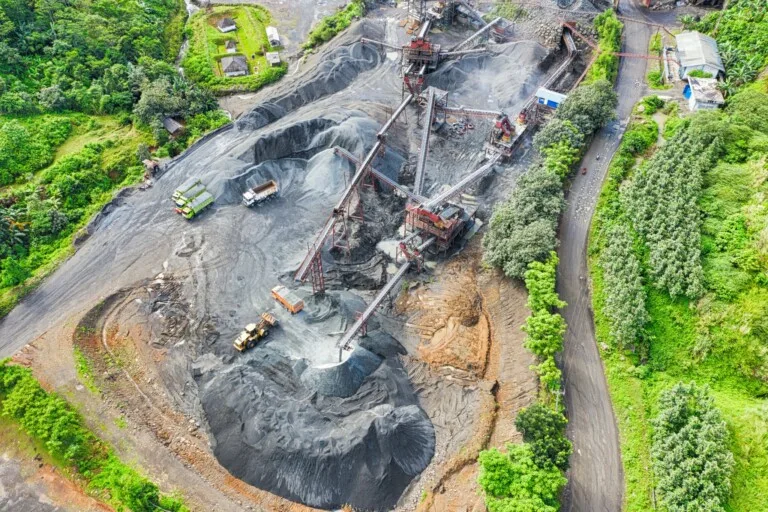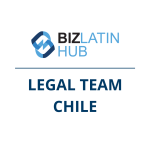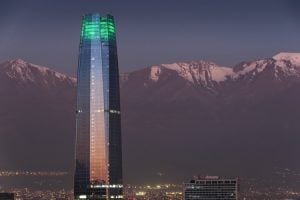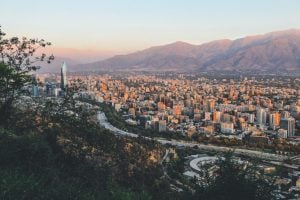Chile is well known for being the world’s largest producer of copper, but opportunities extracting the likes of rhenium, nitrates, molybdenum, lithium, and iodine, as well as silver and gold, also represent major draws for foreign investors. If you are considering doing business in Chile and have entry into the extractive industries in mind, a better understanding of mining permits in Chile will be worthwhile.
Mining has long been a key driver of the Chilean economy, never generating less than 9.6% of the country’s gross domestic product (GDP) during the decade up to 2018. It has also attracted significant foreign direct investment (FDI), drawing an estimated 33% of all FDI into the country between 1995 and 2014.
Chile’s northern Antofagasta region is the epicenter of the country’s extractive industry, with copper production there expected to reach up to 760,000 tons, while up to 260,000 ounces of gold and 11,000 tons of molybdenum are also slated to be produced in the region in 2021.
As well as being a major destination for mining, Chile is also known as a global free trade beacon, having reached free trade agreements (FTAs) with 64 countries and regional associations. It’s encouragement of enterprise and business-creation also saw it feature among the top 20 nations on the 2019 Global Entrepreneurship Index — the only Latin American country to appear.
If you are thinking of entering this lucrative South American market, read on to learn more about mining permits in Chile, or go ahead and contact us now.
Mining permits in Chile: understanding the mining legal framework
In accordance with Chile’s constitution, all mineral deposits located within Chilean territory are the exclusive property of the State. Consequently, if a private company seeks to extract a mineral deposit, it must obtain legal authorization from the government. Note that there are two types of mining concessions, those granted for exploration and those issued for exploitation activities. Both are granted by the civil court of the corresponding territory.
Furthermore, there is a distinction between the right to land and the right to explore or exploit mineral deposits found below the ground. Therefore, although the government may grant a permit to a private organization to exploit mineral resources, negotiations to purchase or develop commercial activities on land may have to be undertaken with its owner.
4 Key steps to obtain an exploration concession
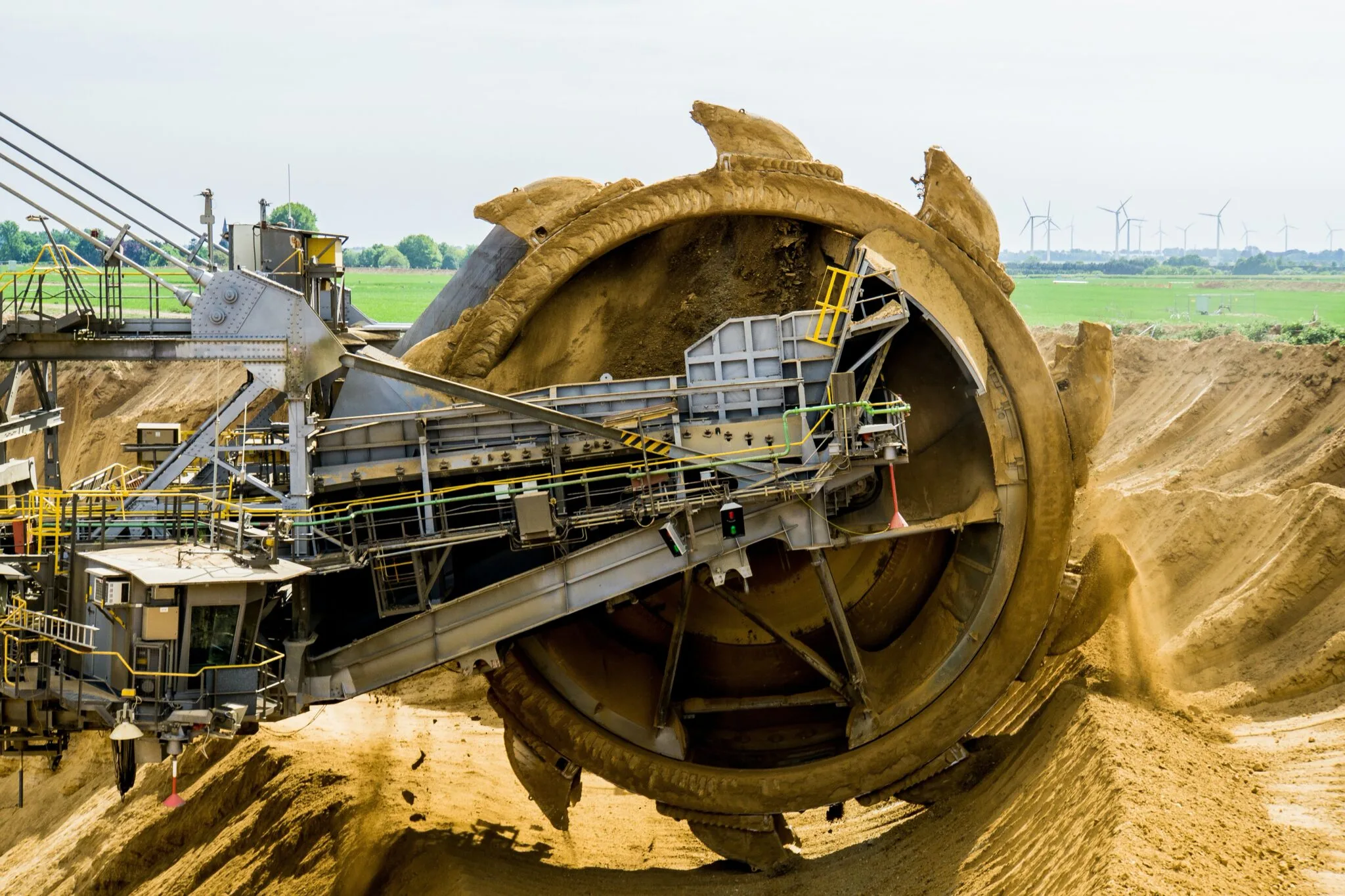
When getting a mining permit in Chile, the process to obtain an exploration concession consists of four key steps:
- Submit an exploration request, known in Chile as ‘Pedimento‘ before the Civil Court of the territory where the mining deposit you want to explore is located.
- If the request is approved by a judge, you will have 30 days to pay a local tax known as a ‘Tasa Minera‘, publish the ‘Pedimento‘ in the Mining Gazette and register it with the Mining Registry.
- Once the previous step is completed, you must request the judge to issue a ruling in your favor to turn the ‘Pedimento‘ into a mining exploration concession.
- After obtaining the exploration concession, you will have 120 days to publish the ruling in the Mining Bulletin and register it with the Mining Registry.
5 Key steps to obtain an exploitation concession
If you have carried out exploration and identified a viable mining opportunity, your next step for securing a full mining permit in Chile is to obtain an exploitation concession, which consists of five key steps:
- File a mining exploitation request, known in Chile as ‘Manifestación‘ before the civil court of the territory where the mining deposit is located.
- If the request is approved by the judge, you will have 30 days to pay a local mining tax known as a ‘Tasa Minera‘, publish the ‘Manifestación‘ in the official Mining Gazette, and register it with the country’s Mining Registry.
- Submit a measurement request, in order to calculate the dimensions of the territory to be exploited. Note that you have a period of up to 220 days to complete this step. Once the judge approves the request, highly qualified professionals will take the measurements of the land where the mining deposit is located and issue a ‘measurement report.’
- Present the measurement report to the judge, who will send it to the National Geology and Mining Service (SERNAGEOMIN), so that this entity can review it. If the report is approved, the judge will grant you an exploitation concession.
- After obtaining the mining exploitation concession, you will have 120 days to publish the ruling in the official Mining Bulletin and register it with the Mining Registry.
Obtaining mining permits in Chile: entities involved
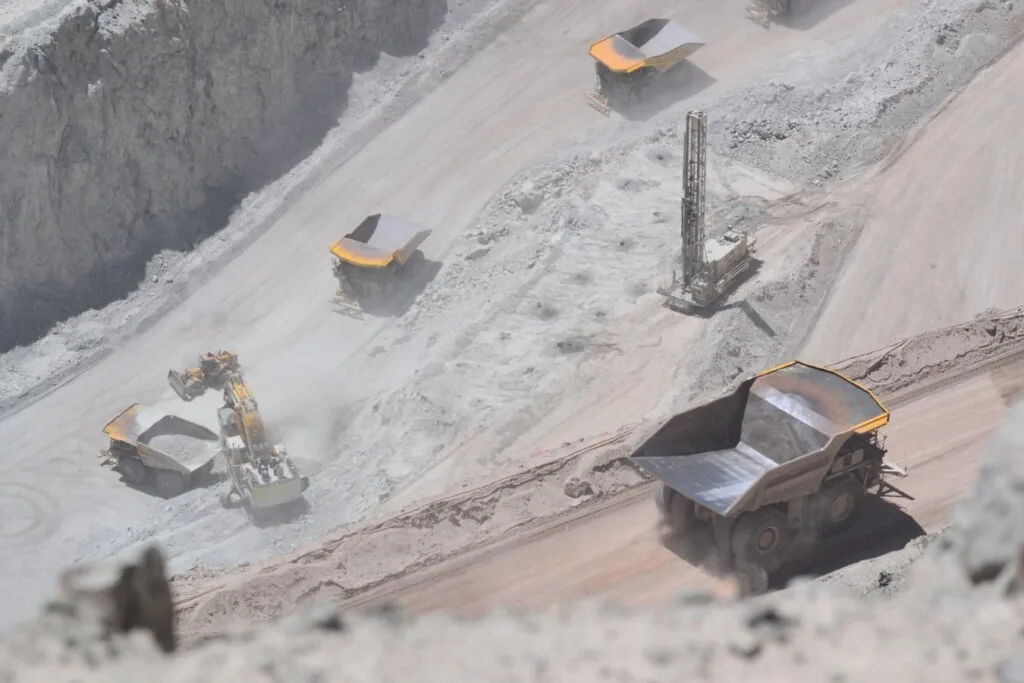
Multiple official entities are involved in the process of a securing a mining permit in Chile. Those include:
Civil courts: Mining concessions are granted by the civil courts located in the different Chilean municipalities. They have the authority to auction concessions in the event of non-compliance with the payment of taxes and to handle all disputes that arise as a direct consequence of mining activities in Chile.
SERNAGEOMIN: This state entity oversees specialized research and mapping of various aspects of the earth’s crust, mainly related to the identification of mineral resources in Chilean territory. It also supervises compliance with mining regulations and manages the registry of current mining concessions granted in Chile.
National Treasury: This public entity manages the collection of annual taxes or fees that must be paid by companies that exploit mineral deposits in Chile.
Official Mining Gazette: The official Mining Gazette is a platform used to communicate changes related to mining operations in the country, and inform involved parties in the event of legal disputes.
Mining Registry: This registry represents the official record of mining operations in the country.
Biz Latin Hub can help you obtain a mining permit in Chile
Chile’s abundant mineral resources represent a significant opportunity for mining companies looking to enter Latin America or expand from elsewhere in the region. At Biz Latin Hub, our team of multilingual corporate legal and accounting specialists is equipped to provide the legal services and guidance you need to navigate the country’s regulatory framework and obtain a mining permit in Chile. With our full portfolio of market entry and back-office services, we are your single point of contact to successfully expand into the country.
Reach out to us now to receive personalized assistance.
Learn more about our team and expert authors.
